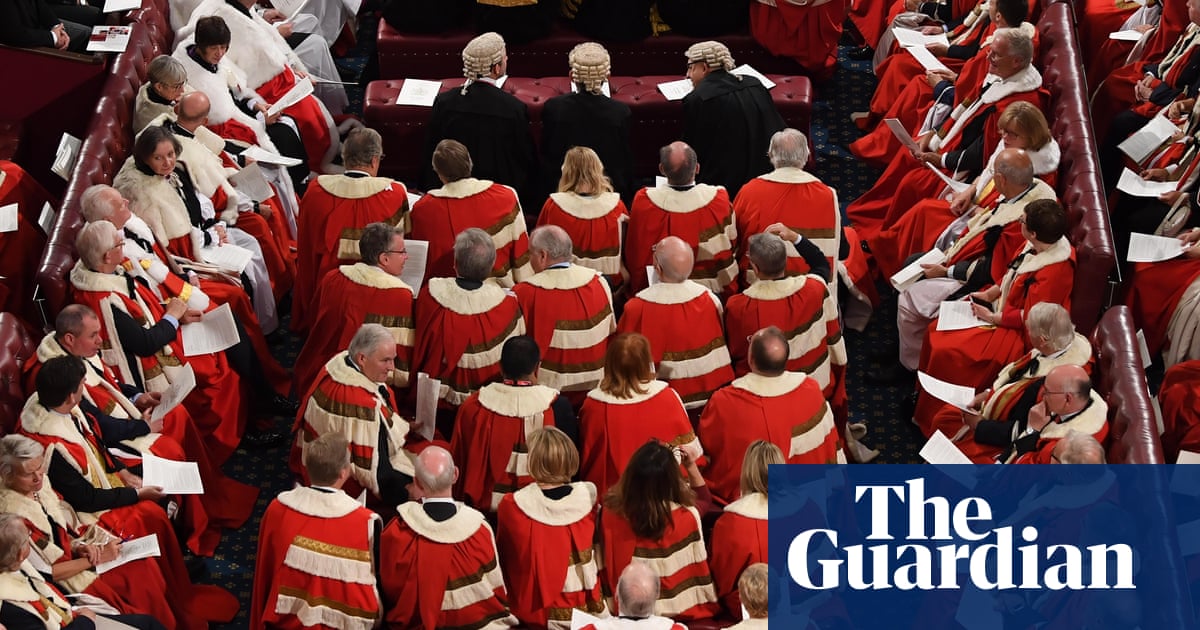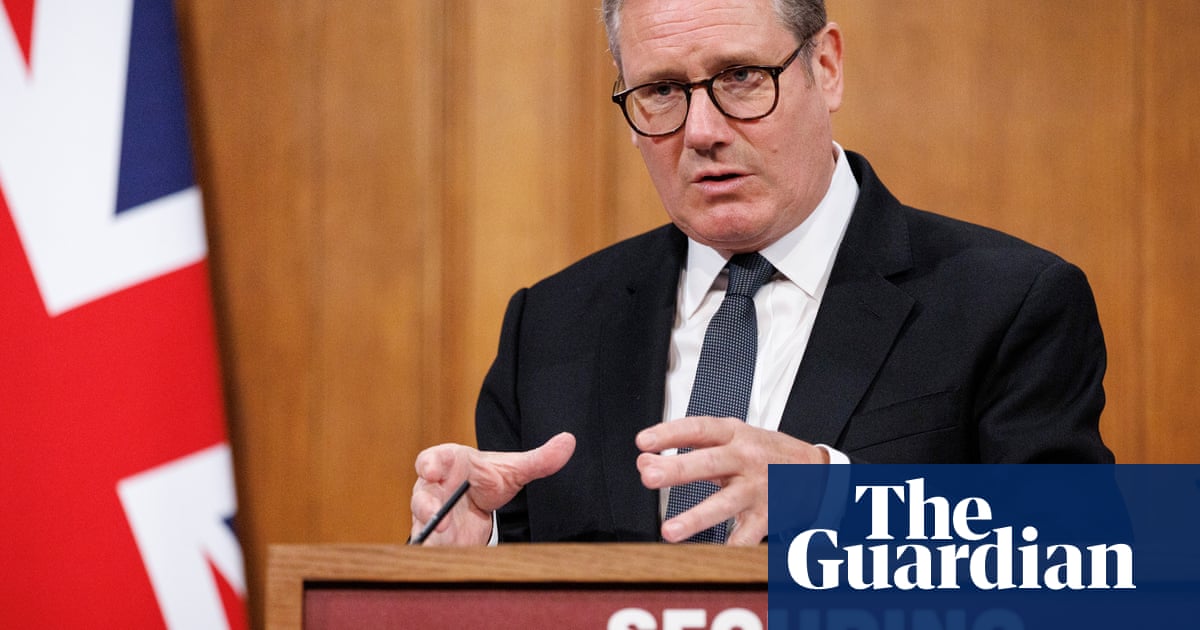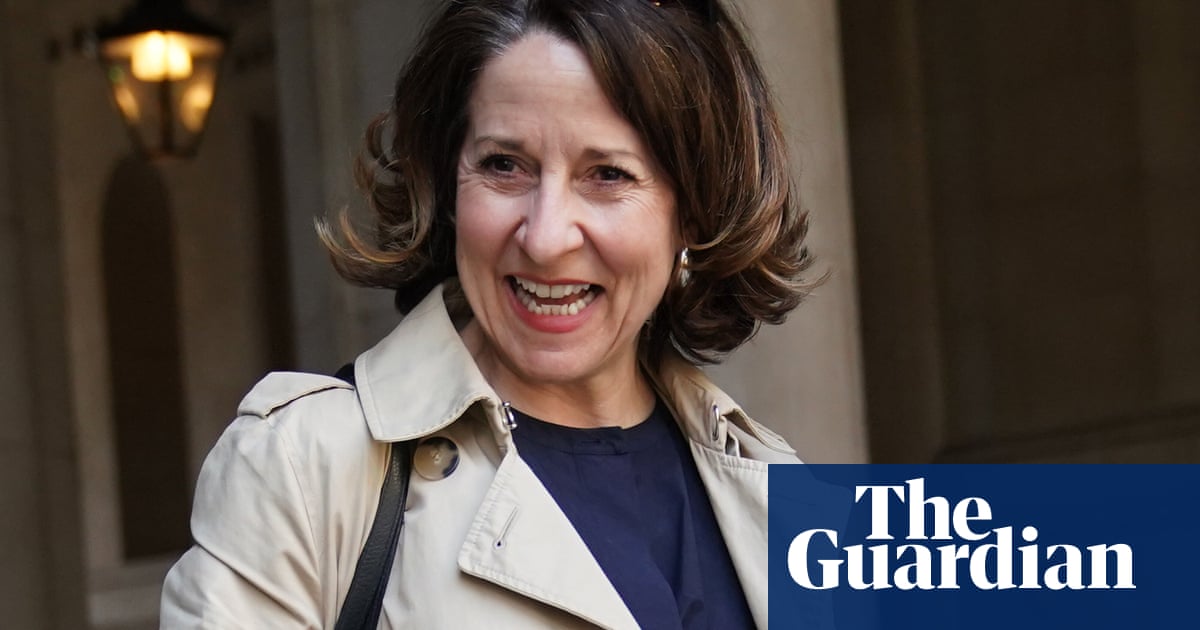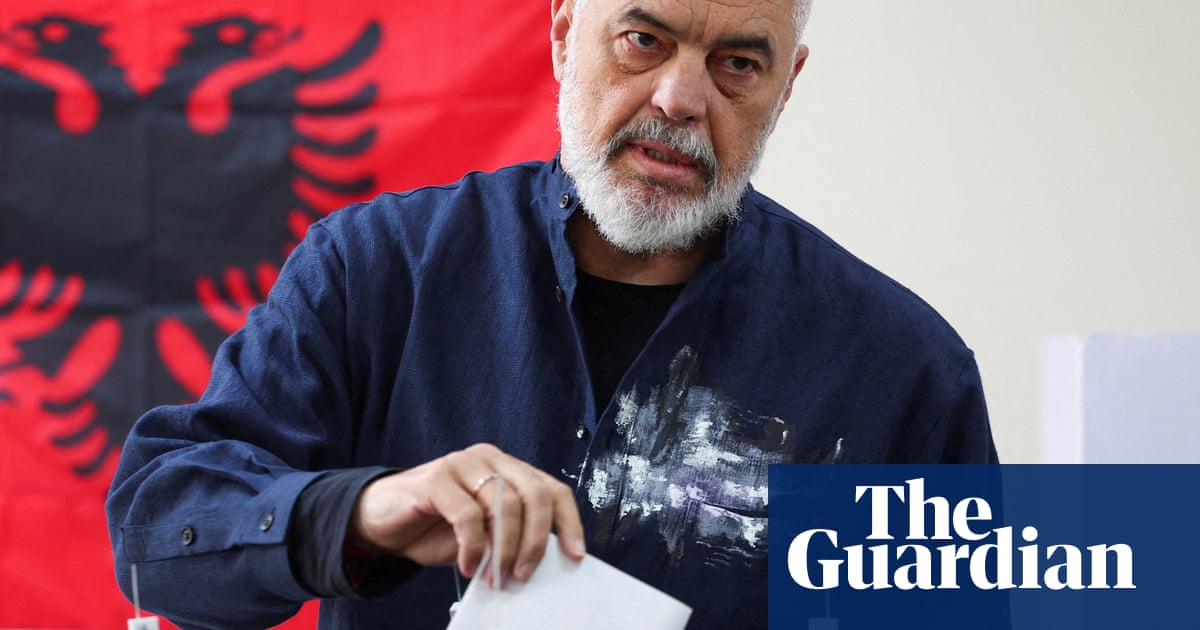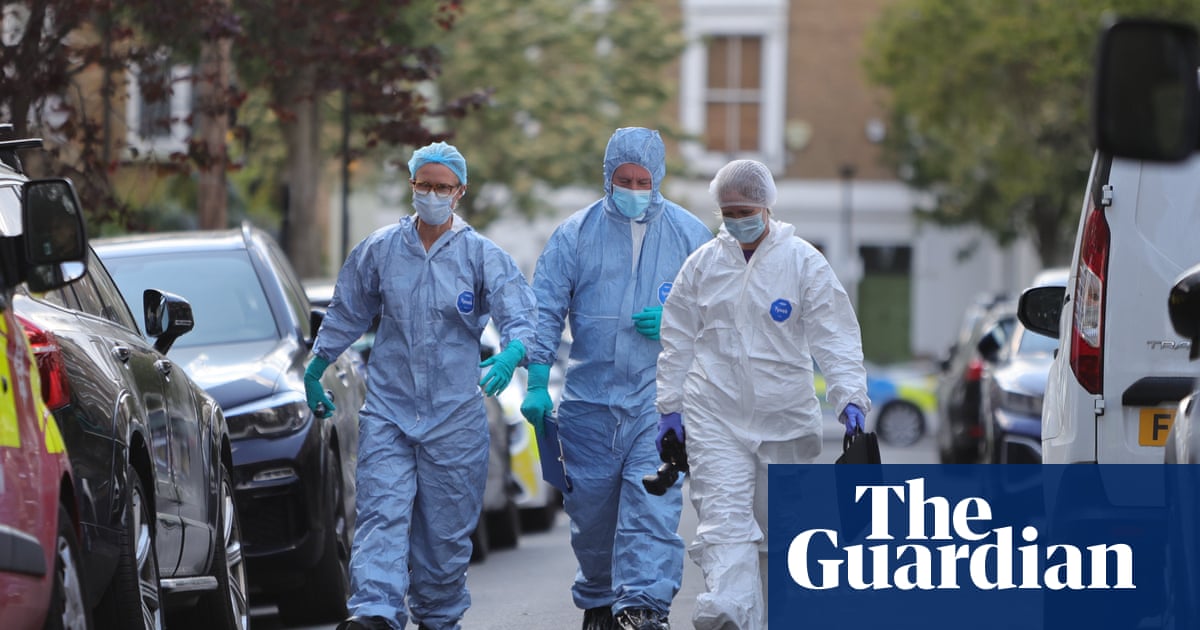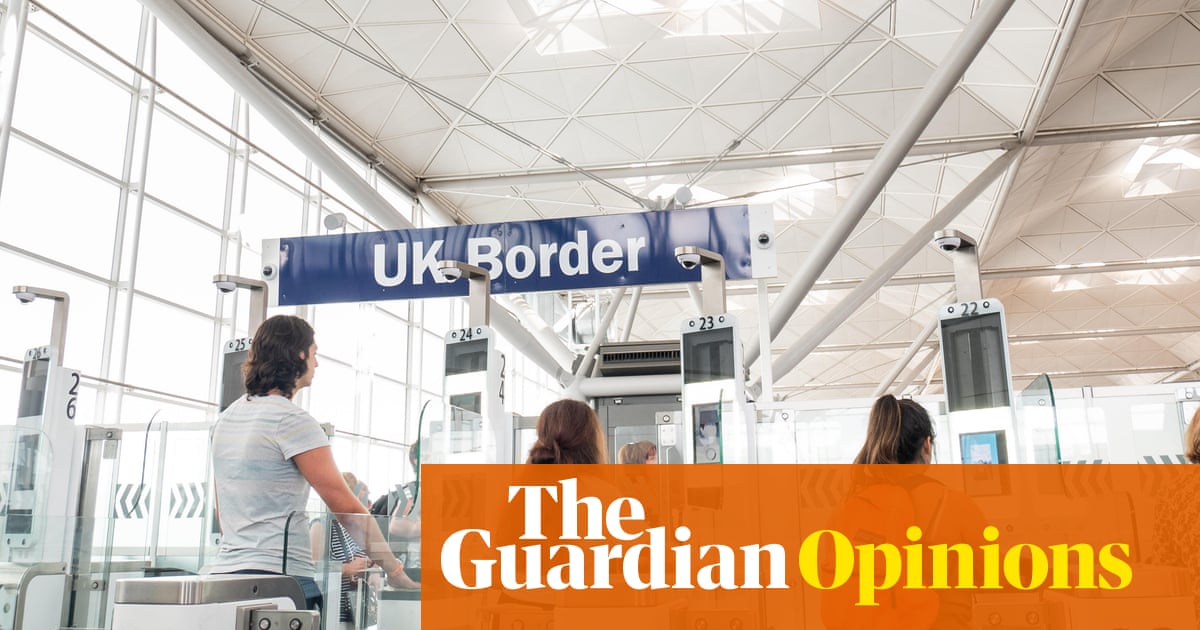Narendra Modi has said India has only “paused” its military action against Pakistan and would “retaliate on its own terms” to any attacks, after a ceasefire brought escalating hostilities between the two countries to a standstill at the weekend.
In his first address since attacks began between India and Pakistan – culminating in both sides launching missiles at each other’s key military bases and airfields on Saturday – the Indian prime minister said he was “monitoring every step of Pakistan”.
Donald Trump announced the ceasefire between the two countries on Saturday, halting fears that the two nuclear-armed nations were hurtling towards all-out war for the first time in decades.
India had launched its attack first on Pakistan on Wednesday in retaliation for a deadly militant attack in April in Indian-administered Kashmir, which it blamed on Pakistan-backed terror groups. It escalated into drone and missile strikes by both sides, and deadly shelling along the disputed border dividing Kashmir.
Both Trump and Pakistani officials credited the US secretary of state, Marco Rubio, and the vice-president, JD Vance, with brokering peace between the two countries, after hours of intense negotiations with India and Pakistan.
But Modi made no reference to the US’s role in the ceasefire. Instead he maintained India’s line that it was Pakistan who had first reached out to India’s head of military operations on Saturday for a ceasefire, and that it was Pakistan who had called on the global community for help.
In comments at the White House on Monday, Trump claimed the US had “stopped a nuclear conflict” in its interventions with India and Pakistan. He said: “I think it could have been a bad nuclear war, millions of people could have been killed. So I’m very proud of that.”
Modi’s speech also alluded to the nuclear threat that had hung over last week’s escalating tensions, adding that in any future conflict with Pakistan, they would not tolerate “nuclear blackmailing”.
On Monday, Pakistan security officials said one of the terms of the ceasefire was an agreement that future talks would be held in a third country, with the United Arab Emirates floated as a possible venue.
In his speech, Modi made reference to possible future negotiations but said that “if we talk to Pakistan, it will be about terrorism only … it will be about Pakistan-occupied Kashmir”.
By Monday, it appeared as if the fragile ceasefire would continue to hold. Along the line of control, the disputed border dividing Kashmir between India and Pakistan, all the cross-border shelling and aggressions of last week showed no sign of resuming. India also reopened 32 airports across north India that had been shut down as cross-border hostilities escalated.
The Indian army said in a statement on Sunday night: “The night remained largely peaceful across Jammu and Kashmir, and other areas along the international border.” In a phone call between military officials from India and Pakistan, both sides also agreed to reduce troop presence at the border.
In Indian-administered Kashmir, expert teams were dispatched to the border areas to defuse unexploded bombs, as tens of thousands of people who had been evacuated from their villages in border areas returned home.

 5 hours ago
7
5 hours ago
7







